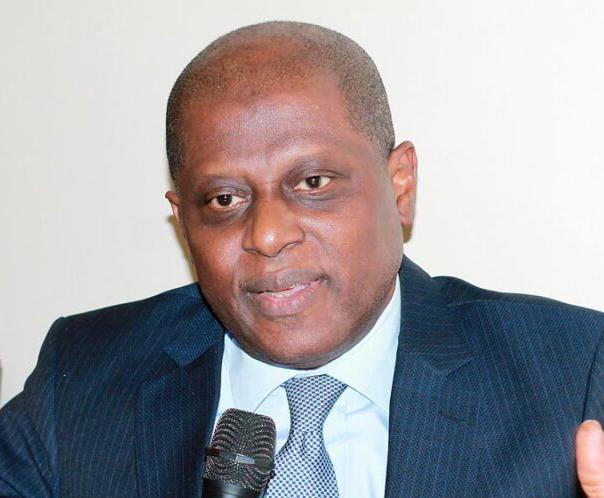
In a bid to foster sustainable banking practices, the Central Bank of Nigeria has affirmed its commitment to incorporating International Financial Reporting Standards into its operations. This move is part of a broader strategy aimed at attracting foreign investments and driving economic growth.
Olayemi Cardoso, the Governor of the CBN, emphasized that this initiative is in line with the federal government’s objective of achieving a Gross Domestic Product of $1 trillion by 2031.
This statement was made during the Regulatory Roundtable on the Implementation of ISSB’s Sustainability Reporting Standards in Nigeria, which took place in Abuja on Thursday.
“Sustainability reporting has gained significance among stakeholders as many companies are setting sustainability targets and exploring means to reduce their carbon footprint,” Cardoso mentioned.
Cardoso, represented by Musa Jimoh, the Deputy Director of Payments System Policy and Oversight function, highlighted the collaborative efforts between the CBN and key stakeholders in the financial sector to facilitate a seamless adoption process of the standards within the banking industry.
The transition to IFRS in the banking sector, as a replacement for the former International Accounting Standard, marked a significant milestone in Nigeria’s financial reporting landscape, according to Cardoso.
He also pointed out that despite the challenges, the CBN effectively managed the transition, leveraging its experience from previous IFRS implementations. As a result, the Nigerian banking system has witnessed substantial growth both domestically and globally.
Focusing on implementing newer IFRS standards like IFRS S1 and IFRS S2, the CBN aims to enhance transparency and financial integrity in the banking sector, aligning with global best practices.
The CBN, in collaboration with the Bankers’ Committee, introduced sustainable banking practices in 2020, emphasizing environmental and social risk management, economic stability promotion, and increased access to finance for underserved segments of the economy, among other principles.
The CBN Governor stressed the importance of transparency by requiring banks to disclose their sustainability efforts in audited financial statements, fostering trust among regulators, investors, and the public.
As Nigeria progresses towards implementing new global standards, including those addressing climate-sensitive financial disclosures, the CBN acknowledges the forthcoming challenges and emphasizes the need for stakeholder capacity development to ensure successful implementation.
Rabiu Olowo, the Executive Secretary of the Financial Reporting Council, noted that Nigeria is setting an example for other African nations by leading the adoption of the International Sustainability Standards Board.
Since announcing early adoption at COP27 in 2022, the FRC has played a crucial role in guiding businesses towards a sustainable future, establishing an Adoption Readiness Working Group to develop a clear roadmap for the standards’ implementation.
Olowo highlighted the encouraging progress made so far, with companies like Access Bank, Fidelity Bank, Seplat Energy, and MTN showcasing leadership in disclosing sustainability-related aspects.
The FRC encourages collaboration with regulators to create a conducive environment for widespread adoption of sustainability reporting, aiming for mandatory reporting by 2028.
In conclusion, the FRC urges regulators across sectors to unite in promoting a culture of sustainability reporting, contributing towards a greener future and positioning Nigeria as a leader in sustainable business practices.
